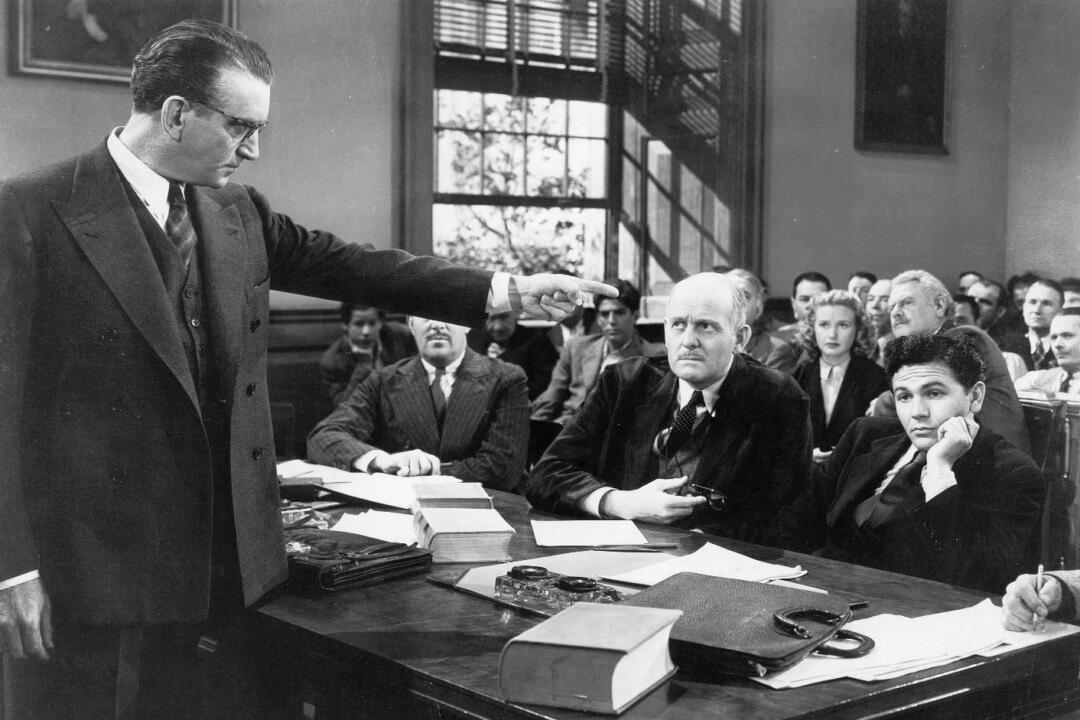One of the most famous, or infamous, couples from the 1930s was Bonnie Parker and Clyde Barrow. These outlaw sweethearts drove around the South from 1932 to 1934, sticking up gas stations, delicatessens, and funeral homes.
Their names have become synonymous with crime couples or any pair of “ride-or-die” lovers. The most famous work based on their lives is the 1967 movie starring Warren Beatty and Faye Dunaway. This graphic Warner Bros. film revitalized the crime duo’s popularity, cementing tropes and false impressions about them which persist to this day. Perhaps the second-most popular work about them is the 2011 Broadway musical by Frank Wildhorn.






